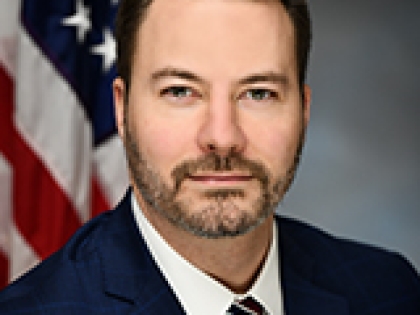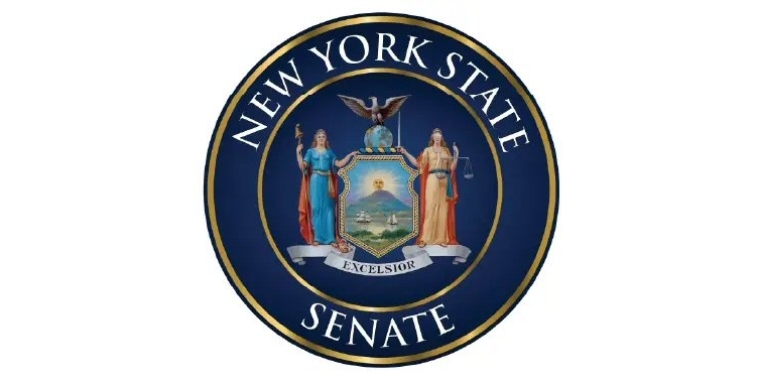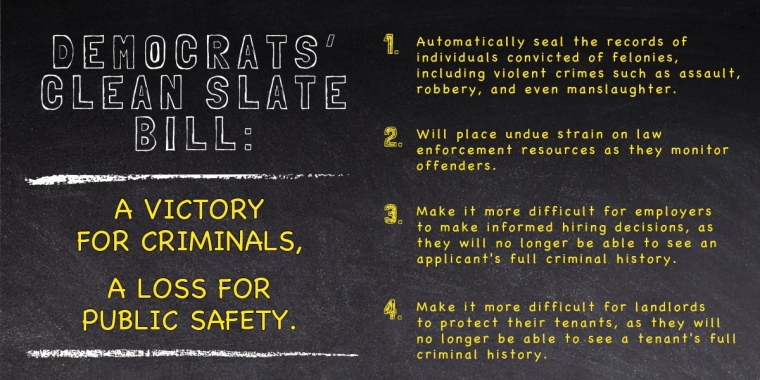
Ortt’s Bill to Improve Information Available About Sexual Predators Passes in Senate
Robert G. Ortt
June 1, 2015
-
ISSUE:
- Victims
- Children
- Rape
- Child Molestation
Bill Would Help Law Enforcement and Communities Better Monitor Sex Offenders
Legislation (S3622), sponsored by State Senator Rob Ortt (R,C,I – North Tonawanda), would better publicize information about where a moderate-risk sex offender is working. The bill would allow law enforcement to disseminate information about a Level 2 convicted sex offender’s place of employment address to vulnerable organizational entities. The bill passed today in the New York State Senate.
“As lawmakers, we have a vital responsibility to protect our neighborhoods from documented predators,” said Sen. Ortt. “This bill will strengthen community safety by providing individuals with abundant information - virtually at their doorsteps - about registered sex offenders not only living, but working amongst them. The more measures we take in protecting our children from potential harm, the better off our community will be.”
Currently, employment addresses for Level 2 sex offenders are available online on the Sex Offender Registry site maintained by the state Department of Criminal Justice Services (DCJS). Current law only allows law enforcement to notify schools and other vulnerable populations of the offender’s home address, not their employment address. This bill would change that.
By equipping the public with sufficient information about workplace locations of registered offenders, communities would be able to better protect their children from sexual violence. Under this bill, law enforcement would compile, maintain and update a list of vulnerable organizational entities within its jurisdiction. Such entities would include school superintendents or chief school administrators; superintendents of parks; public and private libraries; public and private bus transportation companies; day care centers; nursery schools; pre-schools; neighborhood watch groups; community centers; civic associations; nursing homes; victims’ advocacy groups; and places of worship.
The bill has been sent to the Assembly.


